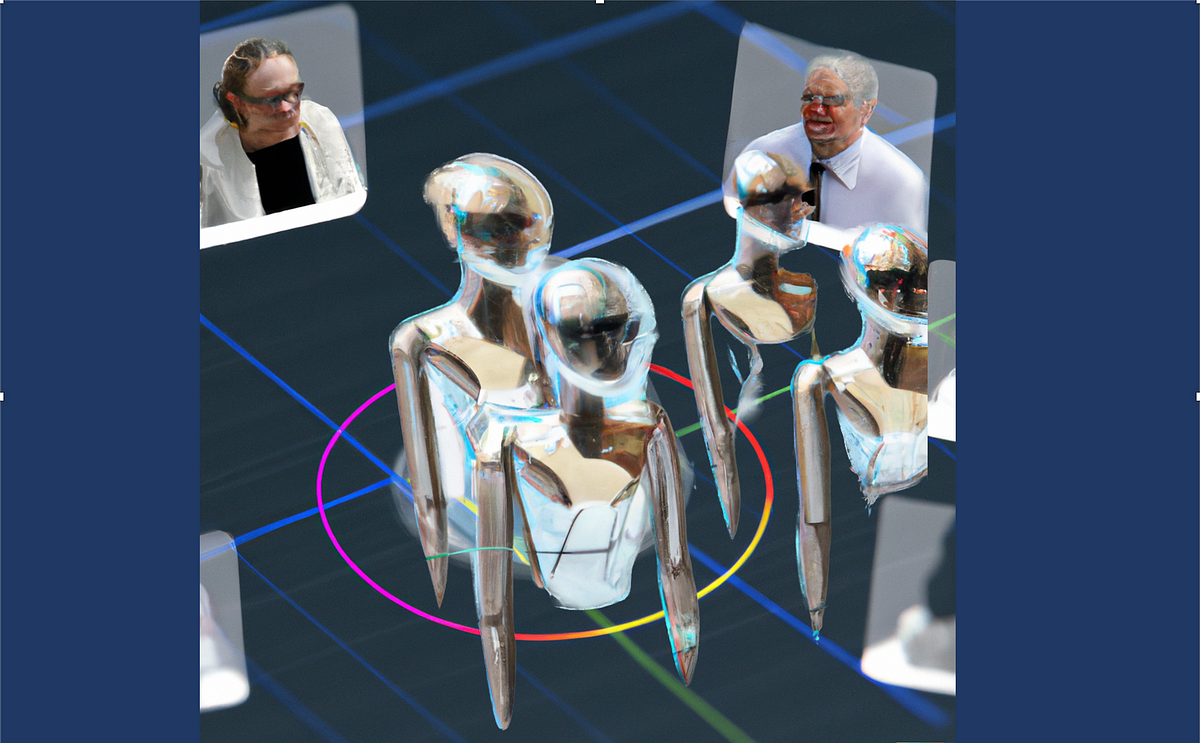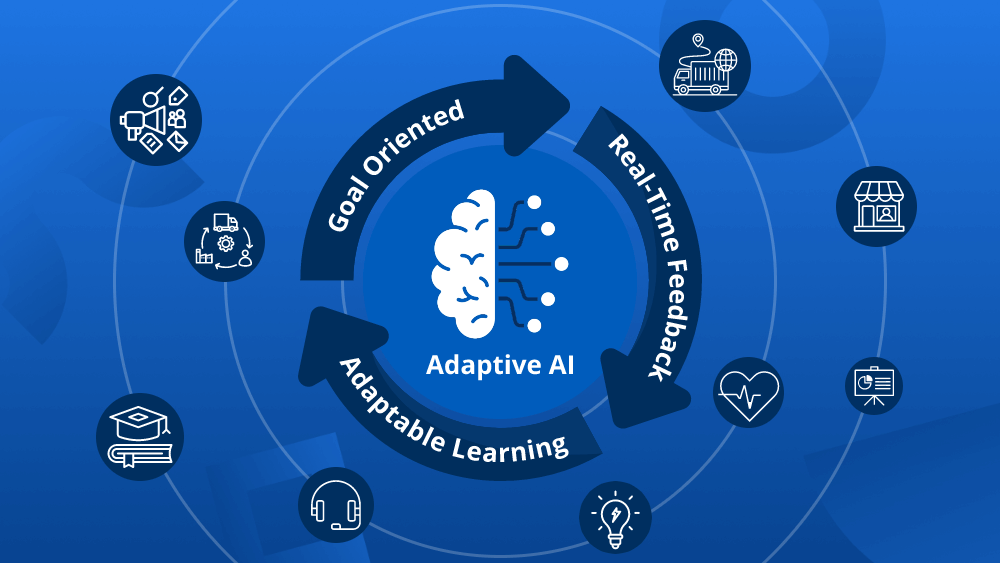Language models have revolutionized the way machines comprehend and produce human-like text. These intricate systems use neural networks to interpret and respond to linguistic inputs. Their aptitude to process and generate language has far-reaching consequences in multiple fields, from automated chatbots to advanced data analysis. Grasping the internal workings of these models is critical to improving their efficacy and aligning them with human values and ethics.
Understanding large language models (LLMs) presents a significant challenge. These models are known for their impressive ability to generate human-like text. Their intricate layers of hidden representations make it hard to interpret how they process language and make decisions that align with human intent. The complexity of these models often obscures the reasoning behind their outputs, making it difficult to evaluate whether they align with ethical and societal norms.
There are three main methods to investigate LLMs. The first involves training linear classifiers on top of hidden representations. The second method projects representations into the vocabulary space of the model. Lastly, some techniques intervene in the computation process to identify critical representations for specific predictions. While each approach provides useful insights, they have their limitations. Probing requires extensive supervised training, vocabulary projections lose accuracy in early layers, and intervention methods offer limited expressivity, usually only providing probabilities or likely tokens instead of comprehensive explanations.
Google Research and Tel Aviv University researchers have developed a new framework called Patchscopes. This framework is unique because it uses the capabilities of LLMs to decode information from their hidden layers. Using Patchscopes, the model’s internal representations are translated into a more natural language format, making it more accessible. This approach is revolutionary because it goes beyond the limitations of traditional probing methods. By reconfiguring the model and the target prompt in the framework, Patchscopes provides a more comprehensive insight into the model’s inner workings, surpassing the expressiveness of previous methods.
Patchscopes is a technique that extracts specific information from the hidden layers of an LLM and separates it into different inference processes. It focuses solely on the data within that representation, detached from its original context. Patchscopes can improve and build upon existing interpretability methods, offering enhanced expressivity and robustness across different layers without training data. Its flexibility allows for a wide scope of adaptations to LLMs, such as more effective inspection of early layers and the use of more capable models to explain representations of smaller models.
Patchscopes have proven more effective than traditional probing in various reasoning tasks without requiring training data. The framework can also decode specific attributes from LLM representations, particularly in early layers where other methods struggle. It has been shown that Patchscopes can correct multi-hop reasoning errors that other models fail to process. While the model can execute individual reasoning steps correctly, it often needs help to connect them. Patchscopes improve the model’s accuracy in complex reasoning tasks, making it more practical and valuable in real-world scenarios.
In conclusion, The Patchscopes framework unifies and extends existing interpretability methods, allowing for further exploration of LLMs. This approach translates complex internal representations into understandable language, making it a game-changer for multi-hop reasoning and early-layer inspection tasks. The ability of Patchscopes to demystify LLMs’ often opaque decision-making process is impressive, bringing AI closer to human rationale and ethical standards.
Check out the Paper. All credit for this research goes to the researchers of this project. Also, don’t forget to follow us on Twitter. Join our 36k+ ML SubReddit, 41k+ Facebook Community, Discord Channel, and LinkedIn Group.
If you like our work, you will love our newsletter..
Don’t Forget to join our Telegram Channel
Sana Hassan, a consulting intern at Marktechpost and dual-degree student at IIT Madras, is passionate about applying technology and AI to address real-world challenges. With a keen interest in solving practical problems, he brings a fresh perspective to the intersection of AI and real-life solutions.


